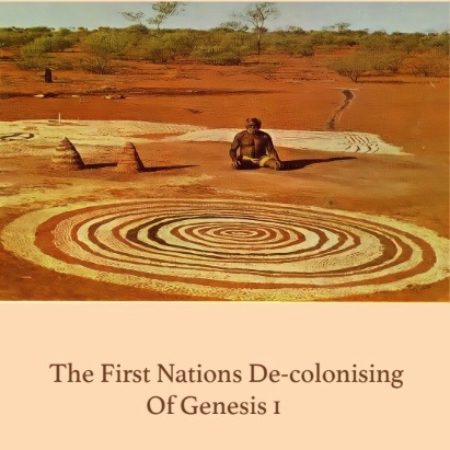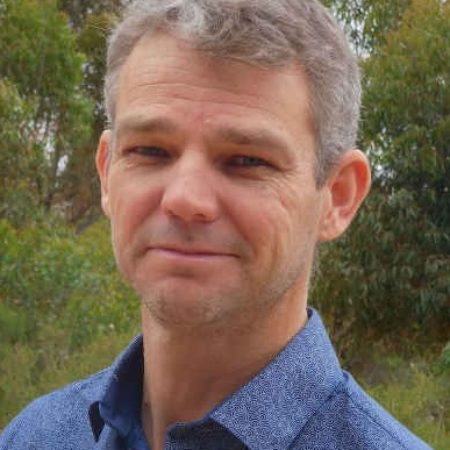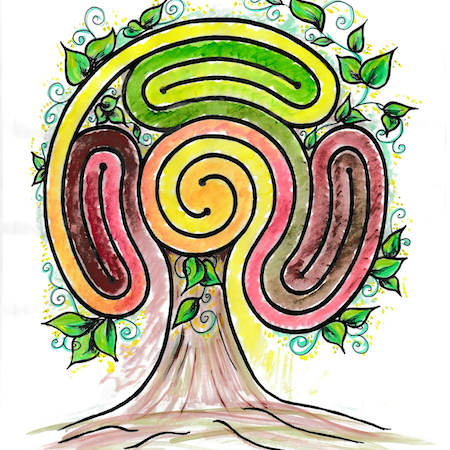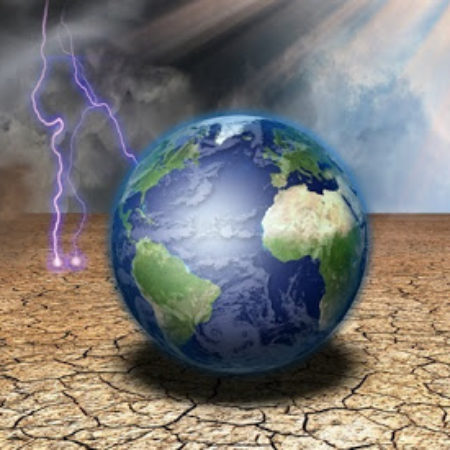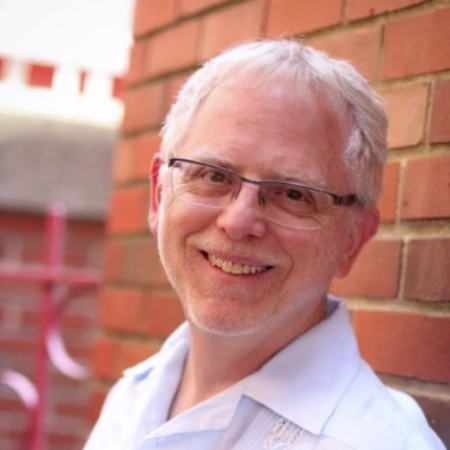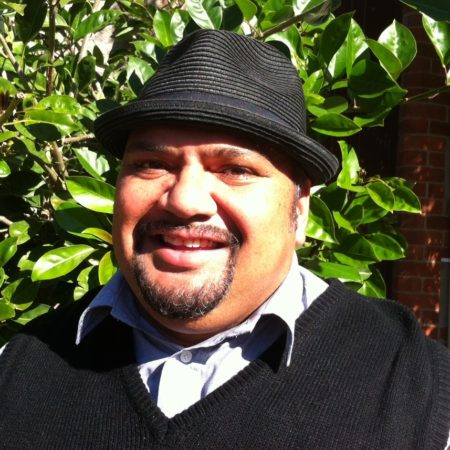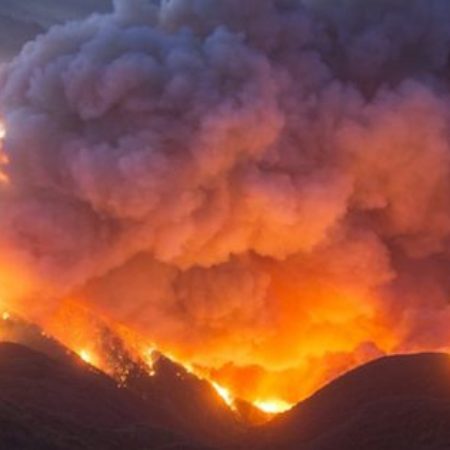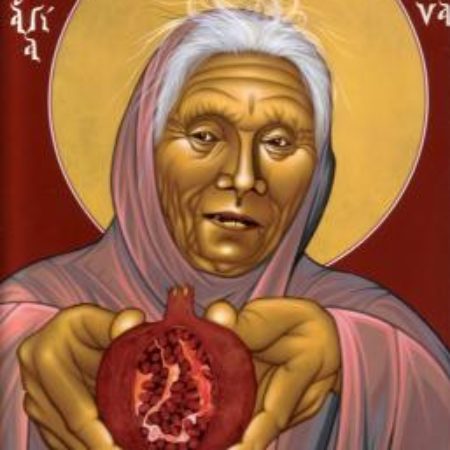What does the first creation story in Genesis look like through a decolonised lens? We hear insights from First Nations scholars who reveal the life-giving power of Spirit and Land together.
Sermons on Creation
As dangerous climate change unfolds before our eyes, the best possible outcome is entirely dependent upon humanity coming to a full acknowledgement of its special power and its special responsibility, which must centrally involve mastering our power.
Imagination, fed by Jesus, enables us to grow and stretch, to make a way from what is to what could be, for the sake of worlds of hope God is already excited about.
Much traditional morality is based on the idea of separation into binary categories, good and bad, but the Bible also points a path towards a liberating non-binary future in God.
Both the Biblical law and traditional Aboriginal lore tell us to “Care for Country and Country will care for you” but much of the time, profit and greed is put before caring for creation.
All creation waits impatiently for humanity to work and pray its way into the fullness of our identity in Christ, for only then will all creation be safe and free.
God created the earth and gave it to us, but mistreated, it rebels. Jesus, rising form the earth, redeems the earth, so that if can again be our true home.
God created us and set us in a network of relationships with God, with the creation, with one another, and with ourselves, and all four connections need to be maintained for health.
The threat of extreme climate change can only be averted with a major spiritual transformation, and Jesus shows the way.
In the fact of the climate apocalypse, we hold on to our hope: hoping and working for the radical, impossible change that is necessary.
Once we recognise that all women, like all men, are made in the image of God, we catch a glimpse of God’s original vision for us, for the day when all people experience God’s radical and abundant love, and the pouring out of justice demanded by that love.
When God is understood through the revelation of Jesus and his pattern of relating, then we discover ourselves invited into generous and gracious solidarity with all creation.
The gratuitous mercy made known in the resurrected Christ requires us to rethink the nature of God all the way back to creation.
God created everything and destined everything to be part of the one glorious story of God’s love and grace, and through Jesus, God draws us back into the story.
It’s our place to be within, and part of, creation and to love it as God loves it, and to learn to be ready to stand with others in their place of need.
Embodied in all creation, God labours to bring to birth a new creation and the children of God.

